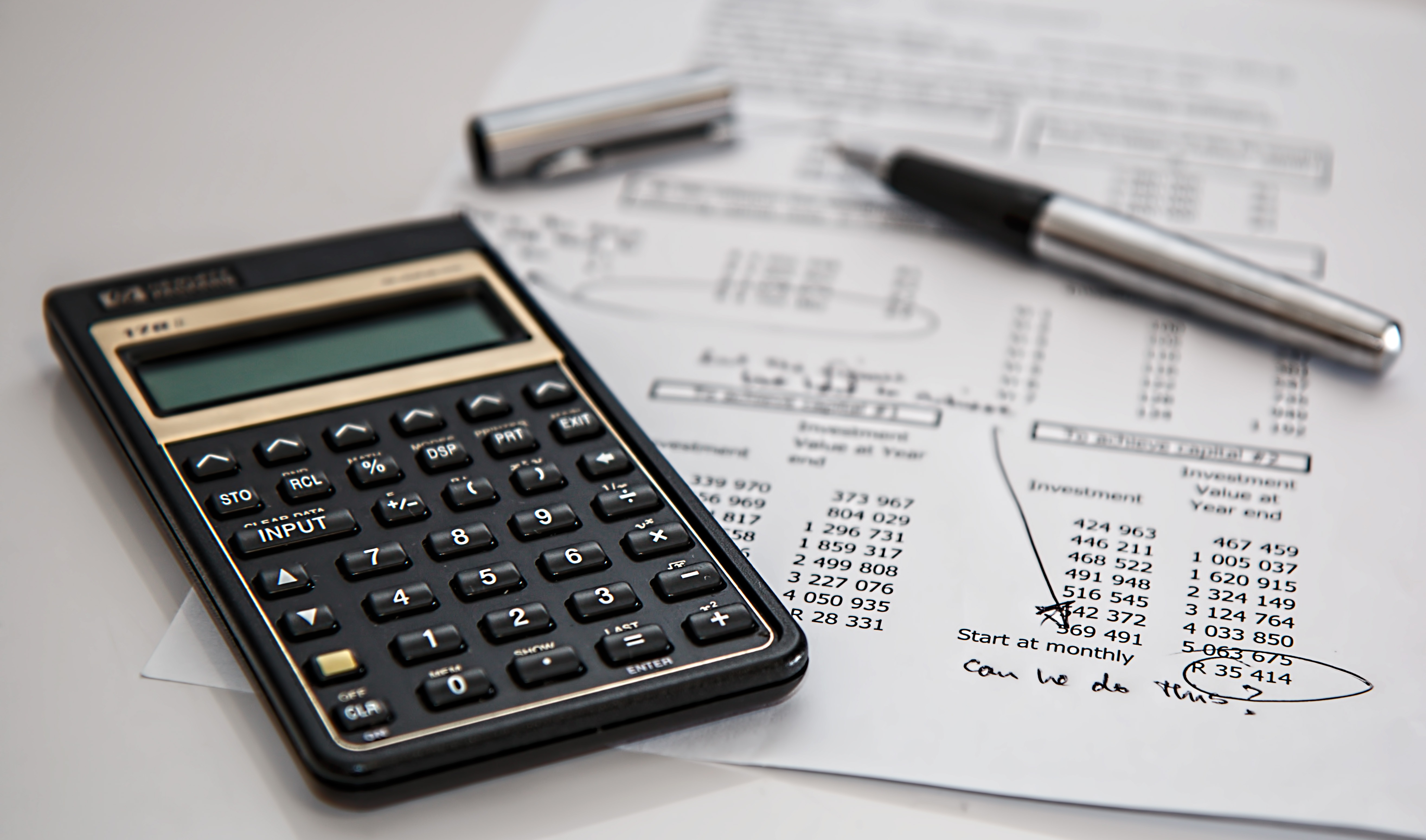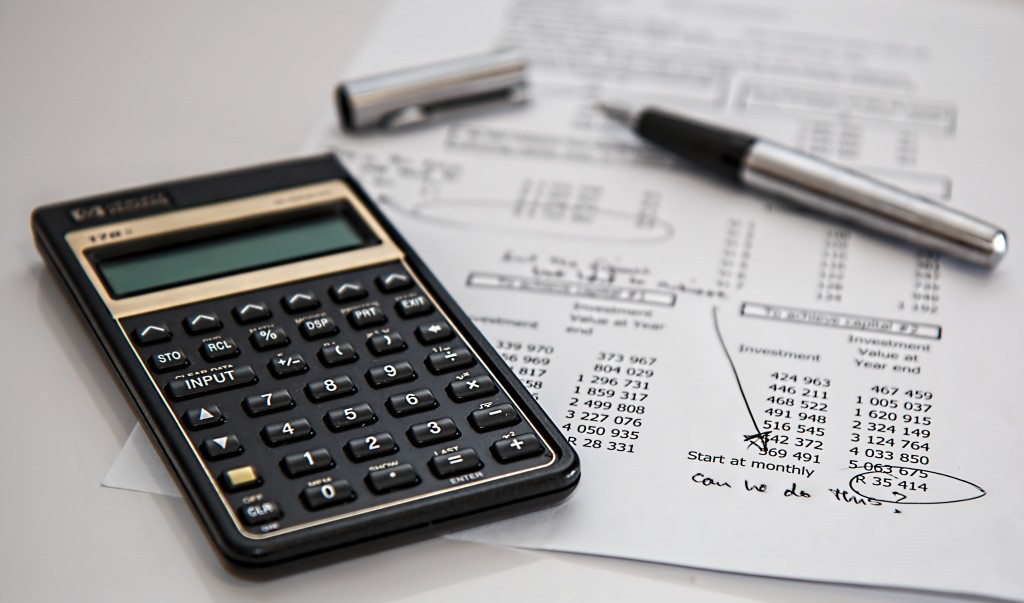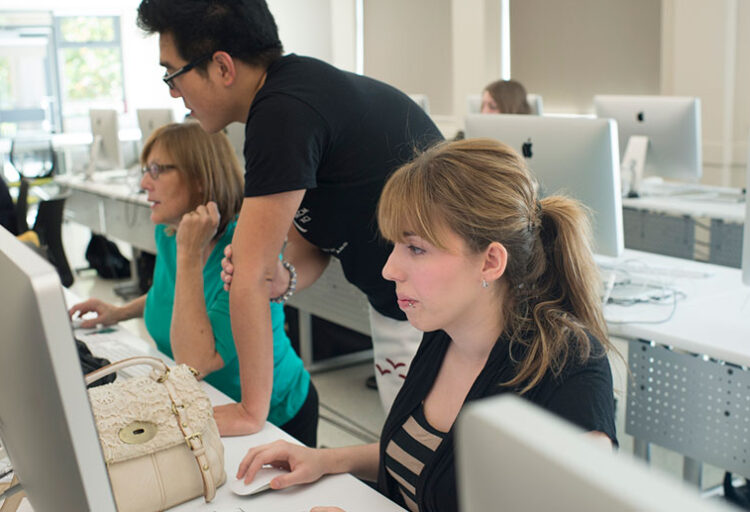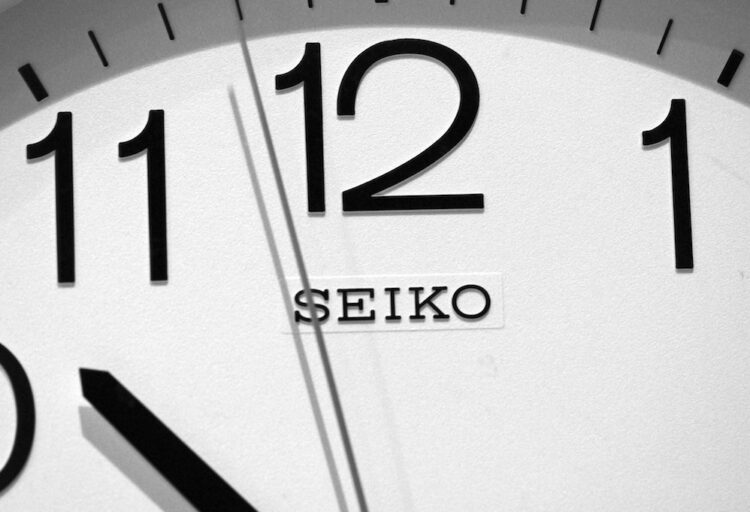I may not run a fully-fledged corporation, but I do run my own small business offering content creation and social media management. This means that in the eyes of the law, I am running a business, and am responsible for keeping my business finances in order. This is something that, when I first went freelance, I had very little idea about how to do.
Since then, I’ve invested in my future and spent time learning and researching the best methods for keeping my finances in order. And best of all, I’ve learnt to do it the easy way! Without further ado, here’s how I keep my business finances in order:
Separate your accounts
Instead of using one account for everything, have two accounts – a business account and a personal account. (Make sure to have a debit card and chequebook for each one.) Ensure that all payments are made into your business account. Then, divide funds between the two accounts. Put some into your personal account for living expenses and leave the rest in your business account for business expenses. It’s as simple as that. If you put all of your funds into one account, it’s far too easy to overspend on one area. I opted to open two accounts with the same bank because I found that easiest. However, you may prefer to use two different banks, and that’s perfectly fine. Do what works best for you, and remember to take advantage of mobile banking apps to keep an eye on what’s coming in and going out of your accounts.
Get expert help
The mistake I made when I first went freelance was not getting professional help with my accounts. I made the mistake of thinking that it wasn’t worth the cost, but I couldn’t have been more wrong. The thing about doing your own accounts is that they can be incredibly confusing, especially when you’re new to the process. That’s why it can be beneficial to get some accounting and tax advice. This can help you to decide whether it would be best to use an accountant for your accounting needs, instead of dealing with them yourself. If you’re confused about submitting your accounts and paying tax, get some help. Especially as if you get your accounts wrong, you can end up with a penalty to pay. This can range from £100 to thousands of pounds.
Be smart about invoicing
When it comes to invoicing, it’s important to be smart about how you go about it. If you want to make things easier for yourself, use invoice numbers. This makes it easier to determine the order of when invoices were sent. For my invoice numbers, I simply use the date. So, for example, an invoice sent today would have the number ‘27102016’ on it. I tend to use Google Documents to create my invoices because there’s a search bar at the top that makes accessing them much easier than via word. If you’d prefer to use a specialist system to create your invoices, services like Quick Books can be useful.
So there you have it, that’s how I keep my business finances in order the easy way. If you’ve got any tips or advice that you would like to share about how you keep your business finances in check, I’d love to hear them.






Leave a Reply